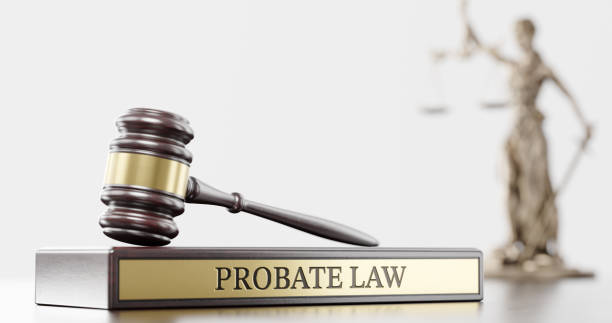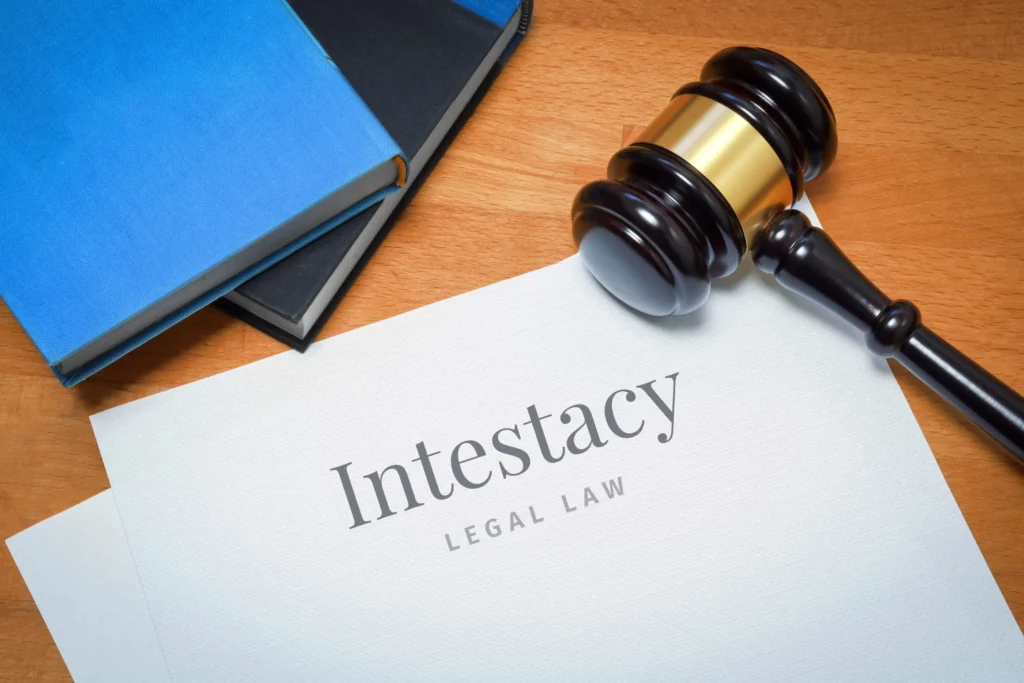Texas is no stranger to land disputes. From early settlers staking claims during the original land rush to modern real estate booms, land ownership in Texas has always carried a mix of opportunity and complexity. But what happens when someone passes away and the land they leave behind has no clear title? It’s not a plot twist from a western—it’s a real legal puzzle that many families in Texas find themselves facing today.
Dying without a clear title to property can ignite confusion, disagreements, and legal red tape. This is true especially if the deceased didn’t leave a will or failed to properly record the title. This problem isn’t limited to sprawling ranches or oil-rich parcels in West Texas. It could be your childhood home, your grandfather’s inherited plot, or the modest lot next to a growing suburb. In all these cases, the stakes are high, and the path forward can feel uncertain.
Understanding what a clear title is, how it affects probate and inheritance, and what legal tools are available to resolve it can help families avoid costly mistakes and lengthy delays. This article explores the full scope of what to do when someone passes without a clear title in Texas—from identifying the problem to resolving it in or outside of court.

What Does “Clear Title” Actually Mean?
A clear title, also known as a marketable title, means that ownership of the property is legally documented. It also means it is unchallenged and free of liens, claims, or defects. When someone holds a clear title, they can legally sell, transfer, or pass the property to heirs through a will or the probate process.
Problems begin when a title is not clear. This means it has gaps, legal ambiguities, or lacks formal documentation tying it to the deceased. This often happens when property has been handed down informally across generations, through handshake deals, or without properly executed deeds. It can also arise from unresolved liens, boundary disputes, or shared ownership with family members who are now deceased or estranged.
In these cases, even if you’ve lived on the land for years or believe you’re entitled to it, you may not be able to legally claim or transfer ownership without first clearing the title.
Common Causes of Unclear Title in Texas
Unclear title issues don’t always stem from shady dealings. More often, they result from a mix of oversight, poor recordkeeping, and unexpected family dynamics. Many of these problems are more common in rural or unincorporated areas where families have held land for decades and may have skipped formal documentation steps.
Sometimes, the title was never transferred after a previous owner died. Other times, someone died intestate—without a will—and the property was divided informally among relatives. In some families, property passed from parent to child without going through probate at all. Each skipped step adds a layer of complexity and potential dispute.
In other cases, property was held jointly, but only one name appears on the deed. Or the property was used as collateral for a loan that was never satisfied. Even unresolved property taxes or homeowner association fees can cloud a title and delay inheritance.
How Probate Interacts with Unclear Titles
When someone dies, their estate—including real estate—typically goes through probate, the court-supervised process for distributing assets. But probate becomes much more complicated when the property doesn’t have a clear title.
If the deceased had a will and their ownership was documented, probate can proceed relatively smoothly. But when there’s no will or an unclear title, the court must first determine who the legal heirs are and what share of the property each is entitled to. This involves heirship proceedings, affidavits, and often, testimony from relatives or people familiar with the family history.

The probate court’s job is to establish a legal chain of title. This is something that can be difficult when prior ownership was never properly documented. In many cases, probate judges will require extensive documentation, family trees, and even title searches before they’ll approve a transfer.
Legal Tools for Resolving Title Issues
Although the process can be tedious, Texas law does offer several pathways for resolving unclear title issues. Which path you take depends on the situation and the size of the estate. It also depends on how much cooperation exists among the surviving heirs.
Judicial Determination of Heirship
When disagreements arise or when formal court validation is needed, families may need to file a judicial determination of heirship. This is a court proceeding where a judge formally declares who the heirs are, based on evidence, testimony, and legal documents. It results in a court order that can be used to update the title and proceed with a sale or transfer.
This process can be time-consuming and expensive, particularly if the family tree is large or contested. However, it offers legal clarity and is often required when large estates or valuable land is involved.
Heirship Affidavits
One of the most common tools is the affidavit of heirship. This is a sworn legal document that identifies the deceased’s heirs and their relationship to the decedent. It’s usually signed by people who knew the deceased and can vouch for the family structure. In many cases, these affidavits are used to transfer property outside of probate, especially for modest estates or when all heirs agree on how property should be divided.
However, this method isn’t foolproof. Some title companies won’t accept an affidavit of heirship alone, especially if the death occurred more recently. It may work well for older cases, but if the property needs to be sold or financed, the buyer or lender may require a full probate proceeding to confirm legal ownership.

Probate with Administration
If the deceased owned multiple assets or if debts must be settled, the estate may need to go through full probate with administration. An executor or administrator is appointed to handle the estate, which includes resolving title issues. Once probate is completed, the court issues documents that establish legal title in the name of the rightful heir or beneficiary.
This process, while slower, offers strong legal protections and helps ensure that the title is fully marketable once the probate case is closed.
Title Curative Actions
In some cases, even after probate or heirship is complete, there may still be clouds on the title. These might include missing signatures, unresolved liens, or boundary discrepancies. Title curative work may involve correcting deeds, paying off debts, or filing quiet title lawsuits to resolve competing claims.
A quiet title action is a lawsuit filed in civil court that asks a judge to issue a ruling that confirms rightful ownership. This is often used when old or conflicting claims are preventing a sale or refinancing. These suits are especially common when dealing with heir property that has changed hands informally over many years.
Preventing Future Title Problems
Many title issues arise because of poor planning. The best way to avoid these challenges is to establish clear legal ownership while the property owner is still alive. That means having a properly executed will, recording deeds with the county clerk, and updating property records as life changes—marriages, divorces, deaths, and relocations.
Using estate planning tools like transfer-on-death deeds can also help property pass outside of probate while still ensuring a clear title. These deeds allow the owner to name a beneficiary who will automatically inherit the property when they pass, without needing court approval. It’s also critical to avoid assumptions. Just because someone lived on the property or paid taxes doesn’t mean they legally own it. Always confirm who is on the deed and whether any restrictions or claims exist.
A Texas-Sized Problem with a Legal Solution
Texas has a rich history of land ownership, but that legacy also comes with legal baggage. Unclear titles can tie up property for years, fracture families, and make it impossible to access the value of inherited land. The emotional toll is often just as heavy as the financial cost. This is so especially when heirs are caught off guard by a process they didn’t know existed.
Fortunately, there are clear legal mechanisms to fix the problem. With the right legal guidance, most title issues can be resolved, documented, and cleared for future use. It may take time, paperwork, and patience, but the outcome—secure, legal ownership—is worth the effort.
Final Thoughts: Don’t Wait for a Dispute
If you’re dealing with the property of a deceased loved one and aren’t sure whether the title is clear, don’t wait for a problem to arise. Take proactive steps to identify ownership, gather documentation, and consult a probate or real estate attorney. And if you’re the current property owner, consider how your land will pass to future generations. Clear titles don’t just make legal processes easier—they preserve family harmony and protect the legacy you’ve built.








